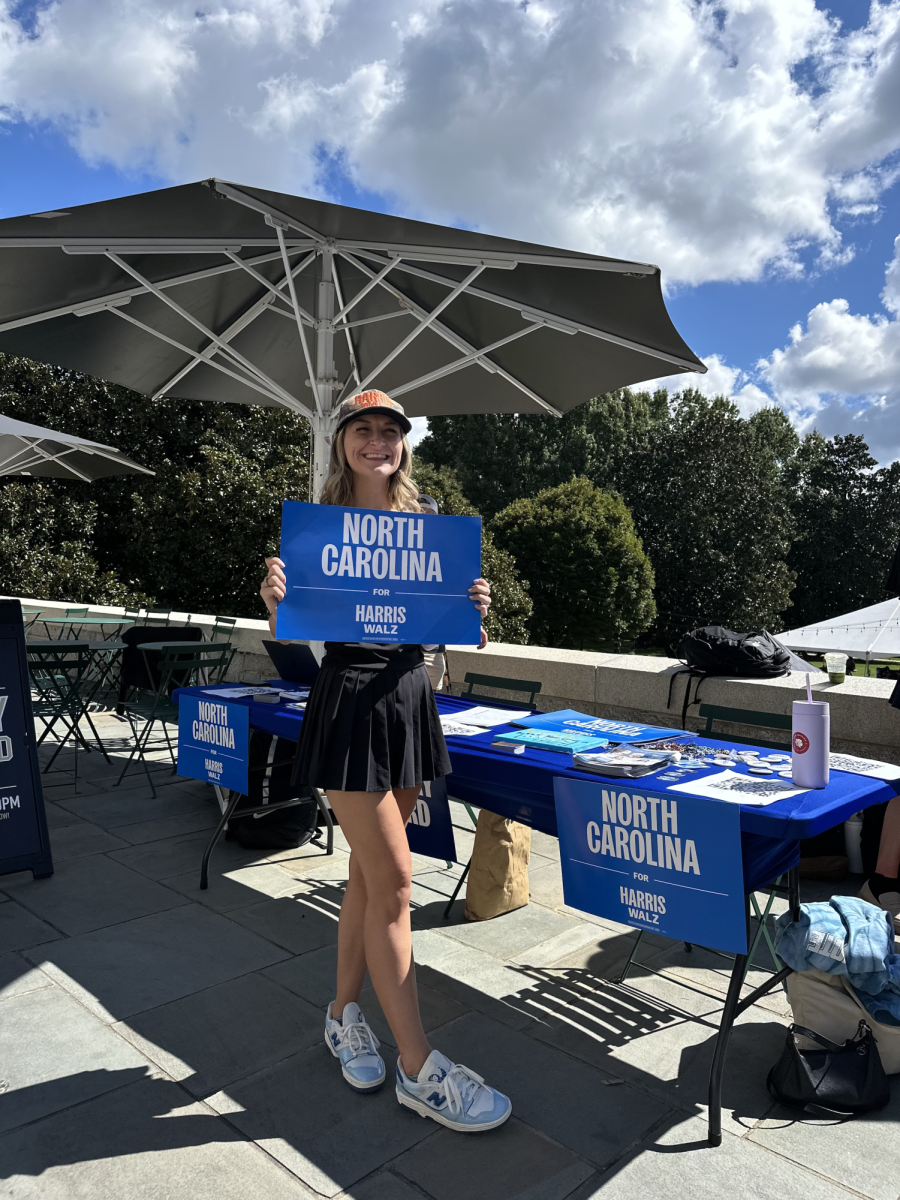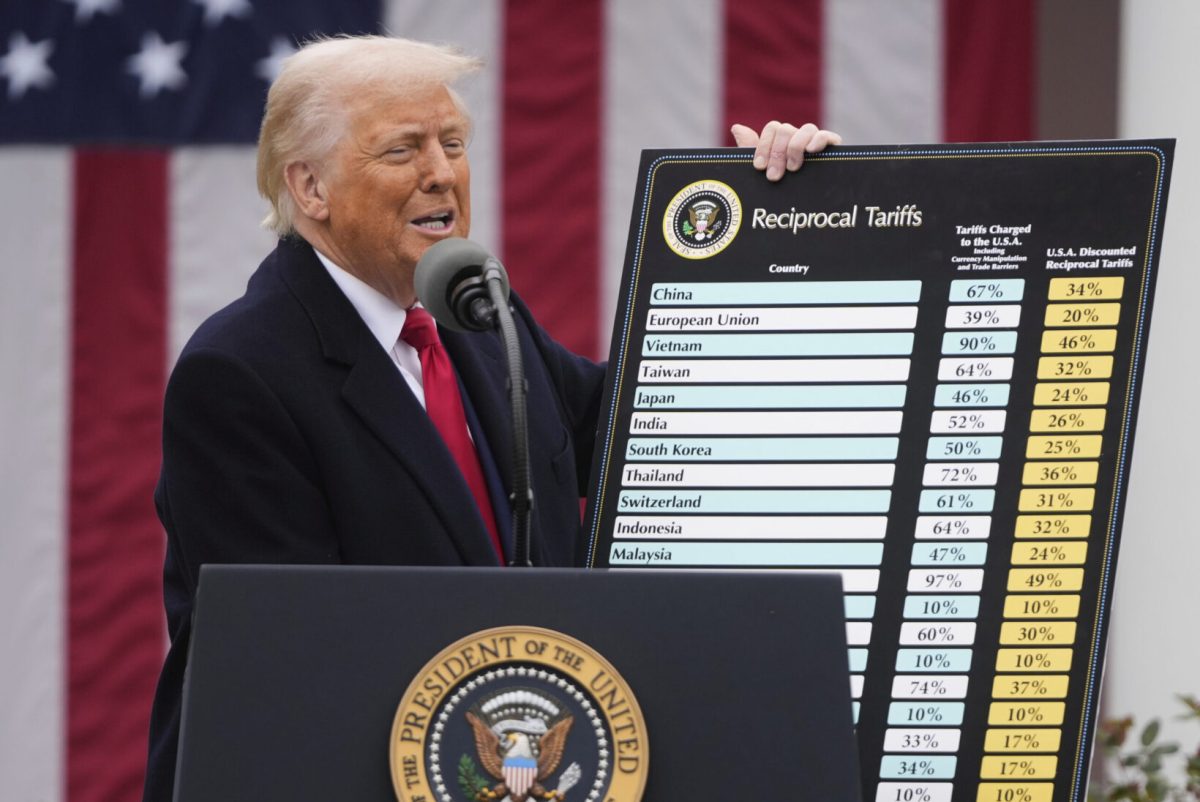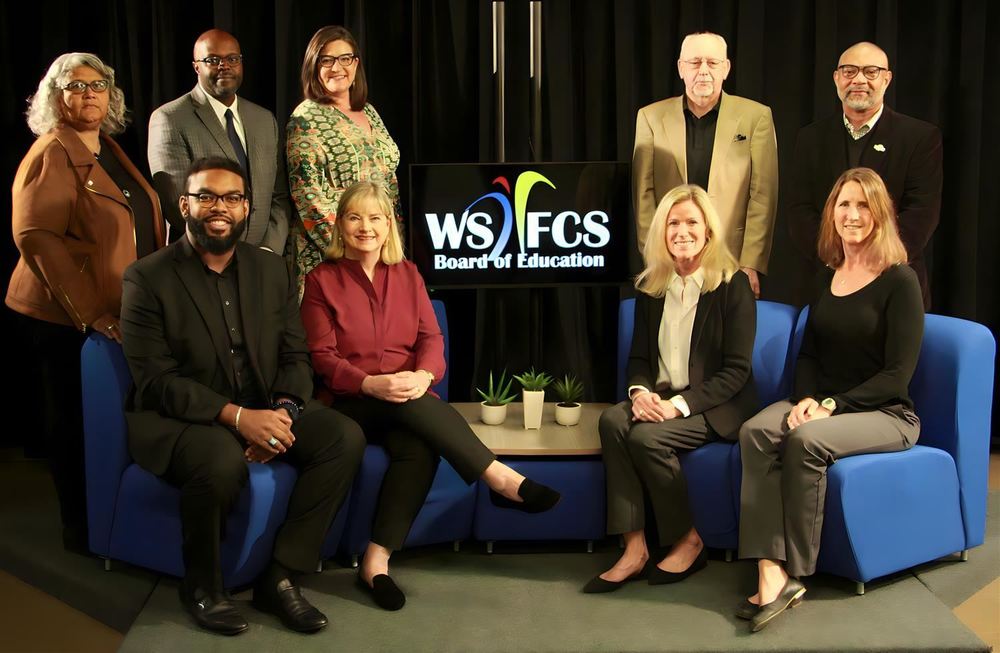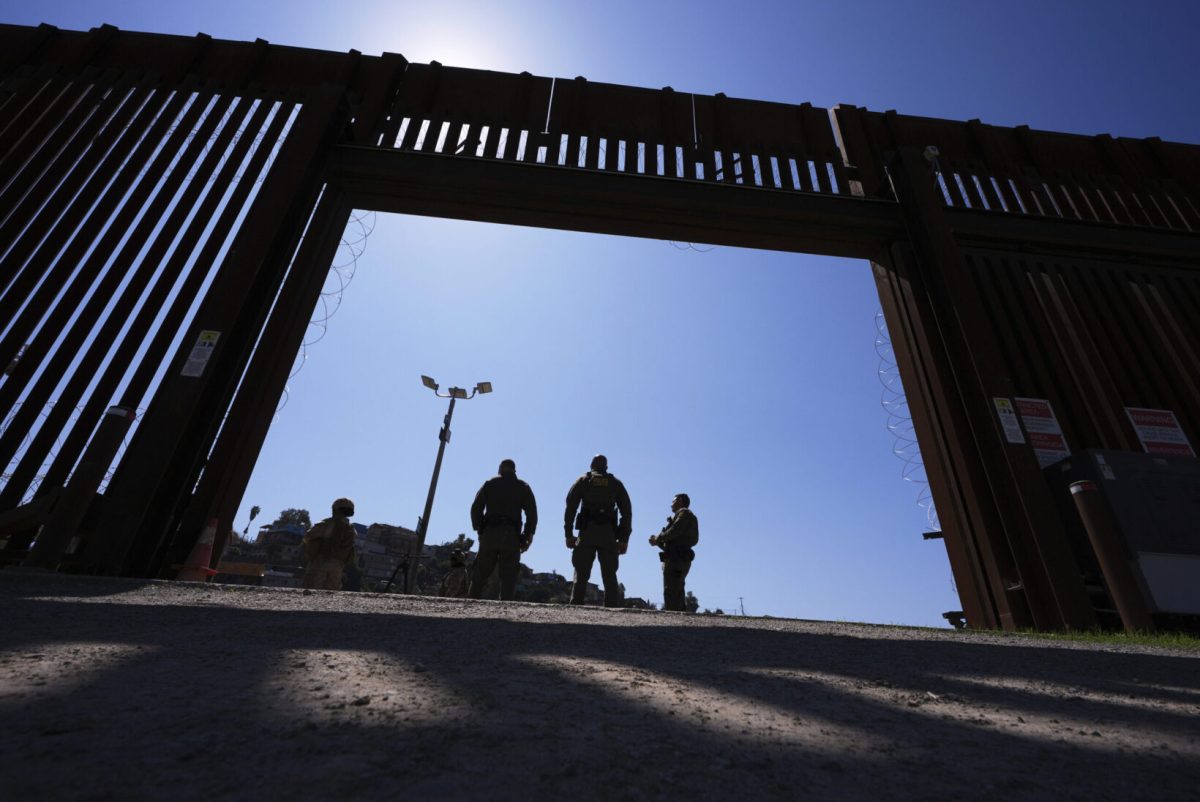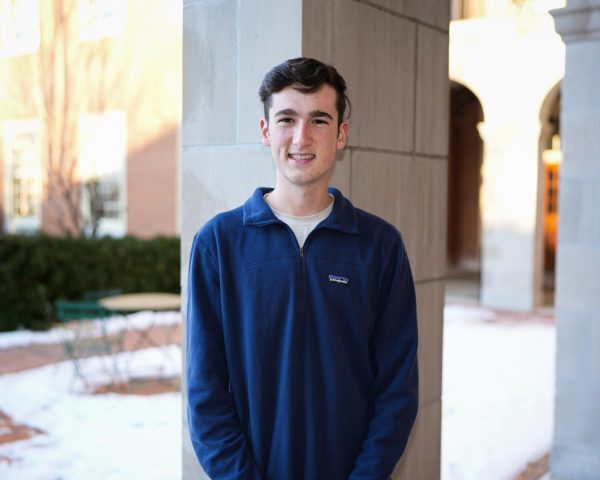Anderson Clayton, the North Carolina Democratic Party chair, came to Wake Forest on Wednesday, Oct. 2 as part of her “30 in 30 campus tour.” As the name suggests, the trip involves 30 North Carolina college visits in 30 days. According to Clayton, she is visiting Wake Forest and other schools so she can better “communicate with young voters,” inform them about key voting laws and learn more about these different communities and the issues most pressing to them.
As Anderson has embarked on this journey of meeting people across the state, she reflected on how much hope the tour has instilled in her. To her, knowing so many young people are registered or pre-registered in the state to vote was inspirational.
Since becoming the state’s Democratic Party chair in 2023, Clayton has recruited a lot more people — making the party, from the leadership to interns, “look a lot younger” today than even a year ago. Anderson says she has strived to reinvest in the community to get young people excited about local and state politics.
In 2020, then-Democratic presidential nominee Joe Biden lost North Carolina by a slim margin of less than 75,000 votes. Clayton said that averaged out to about 42 votes per precinct, explaining, “Every county matters, no matter the size.”
Clayton stressed the importance of mobilizing the rural population of North Carolina — beyond the major cities of Charlotte or Raleigh. North Carolina has the second largest rural population in the United States, second only to Texas and the largest of the swing states.
Due to this unique position, North Carolina voters have the potential to heavily influence the results of the national election. There are more than 500,000 college students — translating to many first-time voters — in North Carolina.
“Republicans like to say that college makes you liberal — Republicans made me a Democrat,” Clayton quipped. She added that issues like disenfranchisement and gerrymandering catalyzed her involvement in politics. She said she felt empowered when the county party reached out to her and other college students with resources on how to vote.
Wake Forest College Democrats president Caleb Pembele, who helped organize the visit, was pleased with Clayton’s talk.
“I think Clayton’s visit went really well, and we are super thankful that she took time out of her day to come to Wake Forest,” said Pembele. “We got a good number of people registered to vote, and talked about the importance of voting all the way down the ballot.”
Wake Forest College Democrats has hosted many down-ballot candidates at their meetings, including Commissioner of Agriculture candidate Sarah Taber.
“This way, Wake Forest students can hear from the people they have the opportunity to vote for, and when people see down-ballot candidates, they’re more likely to vote for them,” Pembele said.
Additionally, Pembele explained that, to him, local and state politics can be more important than national politics — but they don’t get the attention they deserve.
“These are amazing, inspiring people who have been putting in the work for years [or] even decades to make their communities and the world at large a better place,” Pembele said. “College students are the present and future of the world, and these candidates know that passing down a tradition of leadership and service is integral to getting young people excited about politics.”
You can find more information here on how to vote in North Carolina, through mail-in ballots, absentee voting, and in-person voting.


